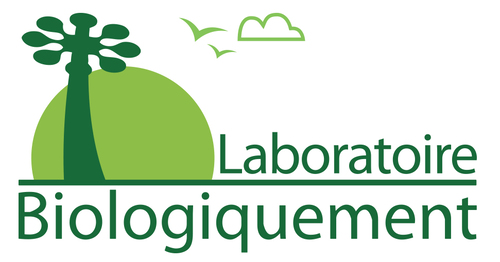NEW KING OF THE SUPERFRUITS? A LOOK AT THE BAOBAB.
Why is the baobab suddenly on the radar of health foodies worldwide?
The baobab is considered a superfruit high in calcium, vitamin C and antioxidants. After lobbying by a fair trade organization, the EU recently approved the use of parts of the baobab fruit in smoothies and cereal bars. The ruling opens the door for development of new products incorporating the native African fruit.
Why is the baobab considered a superfruit?
A superfruit refers to a fruit that contains exceptional nutrient richness and antioxidant qualities yet still has an appealing taste. These fruits are often considered exotic in the sense that they are not usually widely available outside of local areas of cultivation.
The baobab fruit has twice as much calcium as milk and six times the Vitamin C of an orange. According to the International Centre for Underutilized Crops at the University of Southhampton (UK), the baobab is “a fruit of the future”, rich also in vitamin B1, B2 and chock-full of antioxidants. It also contains high levels of iron and potassium.
Baobab joins the ranks of other superfruits such as the açaí, blueberry, cranberry, goji, guarana, mangosteen, noni and pomegranate – many of which have already achieved popularity through juice drinks, supplements and other health-related products.
* Contains exceptionally high amounts of Vitamin C, calcium, and antioxidants.
* Also contains generous amounts of Vitamin A and iron.
Fair trade organization lobbies successfully for approval
Legislation preventing the imports of food not commonly consumed in the EU before 1997 had previously prevented the sale of baobab throughout the EU. The EU approved the use of parts of the baobab fruit in smoothies and cereal bars on July 15, 2008, after considering an application filed by PhytoTrade Africa.
PhytoTrade Africa is dedicated to the development of a fair trade and environmentally sustainable natural products industry. An application for novel foods approval for baobab was filed by PhytoTrade in 2006 and was supported by an independent committee of scientists appointed by the UK’s Food Standards Agency (FSA).
PhytoTrade Africa’s Cyril Lombard hopes that “Novel foods approval will be a winner for consumers, manufacturers and producers. It will also be fantastic news for Africa, making a real difference to poor rural communities by offering them a potentially life changing source of income.”
* EU legislation prevents the import of foods not commonly consumed before 1997.
* PhytoTrade Africa, a nonprofit organization, successfully lobbied for EU approval of baobab fruit.
Gus Le Breton, chief executive of PhytoTrade Africa, said: “The EU decision is a crucial step to developing the global market which could be worth up to £500 million a year.” This is likely based on a 2007 report by the UK’s Natural Resources Institute which estimates that baobab has the potential to be a billion dollar industry for Africa and could employ over 2.5 million households.

Un avis consommateur, ou avis client, désigne un élément d’appréciations et commentaires donnés par les acheteurs sur un produit ou un service, que ce soit sur un critère particulier ou la globalité de l’offre. Ces opinions reflètent le niveau de satisfaction de la clientèle.
Vous pouvez consulter les avis clients du site du laboratoire Biologiquement en suivant ce lien : avis biologiquement.shop
C’est la note que nos clients nous donne actuellement. Merci pour votre confiance !
